Keywords: Clerical Sexual Abuse
-

RELIGION
- Andrew Hamilton
- 24 March 2022
10 Comments
Any program of church reform will have soon to ask Chernyshevsky’s question, What is to be done? It is a dangerous question — he wrote his novel from jail and spent much of his life in exile or imprisonment. Discussion of Church matters is mercifully less perilous today, but the question does invite a radical repiecing of the connections and tradition and energies that constitute Catholic life.
READ MORE 
-
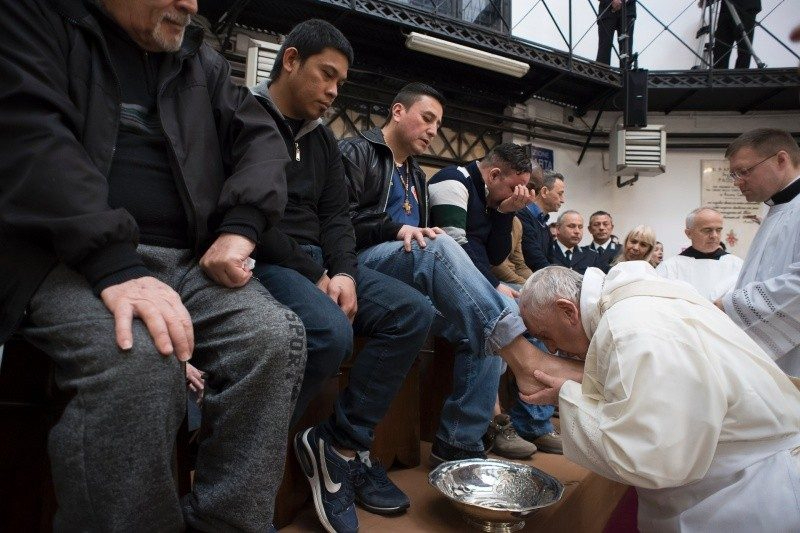
RELIGION
- Anne Benjamin
- 24 February 2022
25 Comments
The call to synodality is a call to convert, reform and renew the church’s organisational culture. New cultures do not emerge automatically. It is not about turning upside down the present pyramid structure of the church with a clerical hierarchy at the top and the faithful on the bottom. The church is not a political democracy, but a ‘holy people’ whose mission is to make God and Jesus present and, in a sense, visible to our world.
READ MORE 
-
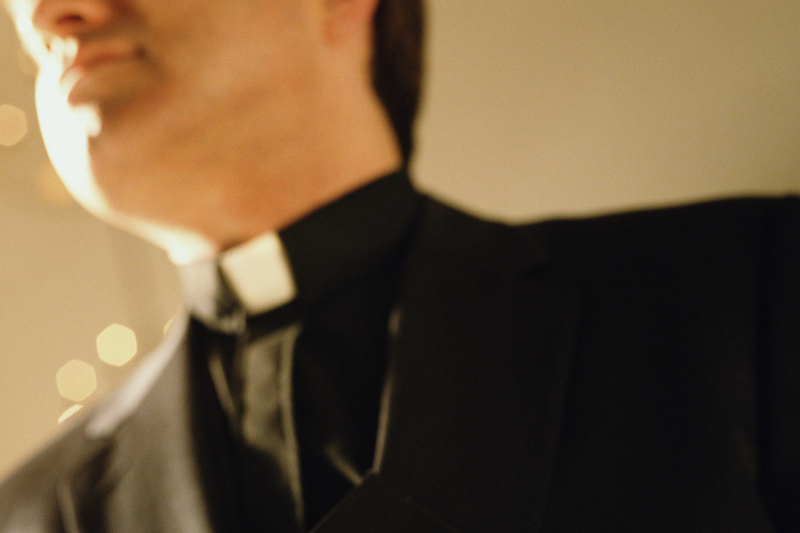
RELIGION
- Gideon Goosen
- 23 September 2021
60 Comments
The Final Report of the Royal Commission into Institutional Responses to Child Sexual Abuse identified clericalism as a significant contributor to abuse across religious institutions Australia-wide. Clericalism is rooted in a theological belief that the clergy are different to the laity, having undergone an ‘ontological change’ at ordination, and feeds the notion that the clergy may not be challenged. And according to the report, the culture of clericalism is on the rise in seminaries in Australia.
READ MORE 
-

RELIGION
One might submit that a Plenary Council is a cumbersome instrument to ascertain the genuinely representative views of the Catholic Church in Australia. Many of the canonical strictures regarding the membership, agenda and process of the Council will dampen the original enthusiasm for the Council that provoked over 17,500 submissions.
READ MORE 
-

MEDIA
- Peter Donnan
- 19 November 2020
66 Comments
Author Gideon Goosen estimates the percentage of those involved in reform groups in Australia is 5 per cent or less. Given the passivity of the laity, his view is that reform proponents should seek to engage the 40 to 45 per cent who might change their thinking. What forums or media, with sufficient audience reach and influence, facilitate respectful discussion of change in the Catholic Church?
READ MORE 
-
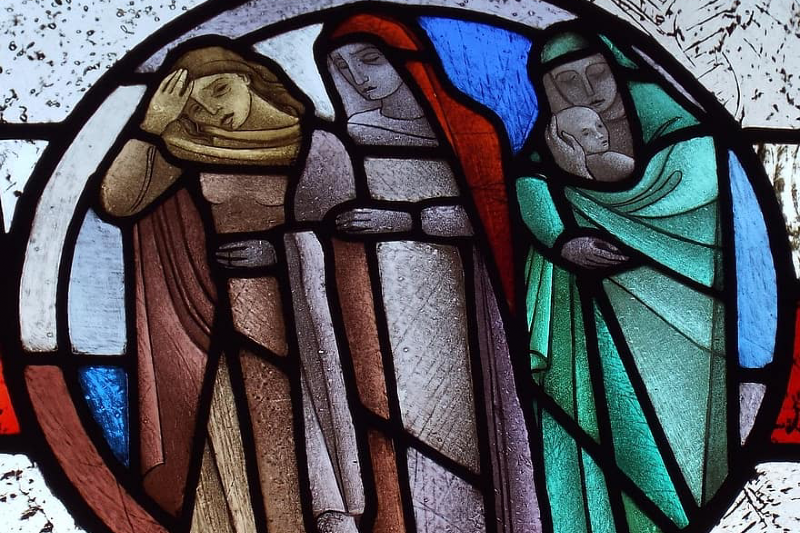
RELIGION
- Marilyn Hatton
- 27 October 2020
37 Comments
Phyllis Zagano’s latest book Women: Icons of Christ is a must read for all who desire equality for women in our world and an inclusive practice of Catholic faith. The critical issue Zagano presents in this book is that ordaining women to the deaconate is a not a new or forbidden act in Catholic history but rather a return to a practice that endured for hundreds of years.
READ MORE 
-
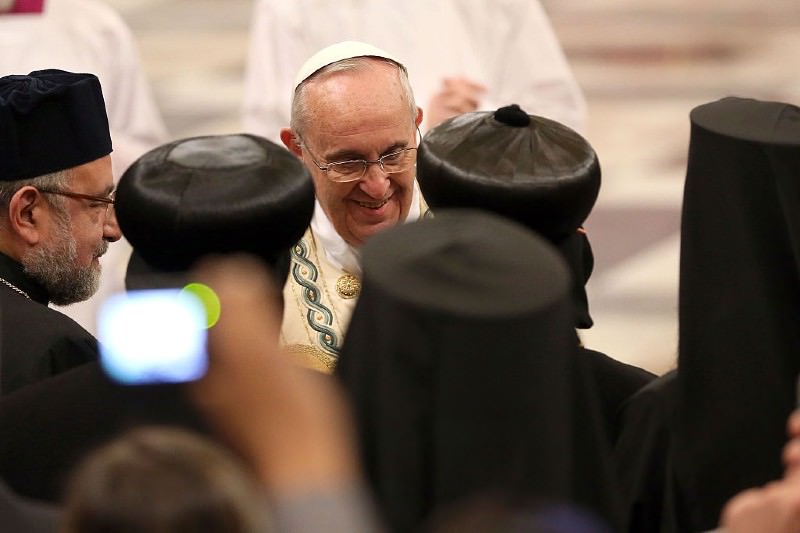
RELIGION
- Andrew Hamilton
- 04 June 2020
19 Comments
With churches closed throughout much of the world, many events and dedicated weeks have passed us by. One of those weeks was the Week of Prayer for Christian Unity. Catholics who paid attention to Pope Francis’ engagements may have noticed it through his references to the 25th anniversary of Pope John Paul’s Encyclical on Christian Unity, Ut Unum Sint.
READ MORE 
-
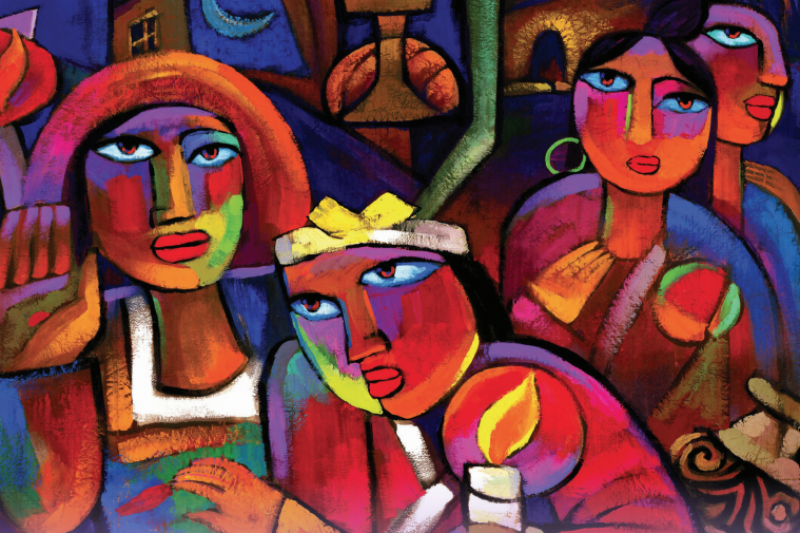
RELIGION
- Andrew Hamilton
- 09 October 2019
11 Comments
For Catholics who are interested in the Australian Church, its future and the Plenary Council, this is essential reading. Given its focus on governance, it may also be of interest to a wider audience. Many of the strains of dysfunction it finds in Church governance are similar to those in public life in Australia and internationally.
READ MORE 
-

RELIGION
- Paul Collins
- 04 September 2019
42 Comments
Anyone in the past who called attention to these issues was accused at best of exaggeration'. Getting Back on Mission points out that until the church accepts good governance characterised by accountability, transparency, inclusion and a recognition of the equality of women, it will continue its culture of clericalism and secrecy.
READ MORE 
-

RELIGION
- Andrew Hamilton
- 05 August 2019
48 Comments
The inclusive and consultative processes in the early stages of preparation for the Plenary Council are a vast improvement on previous practice. They express the desire to involve Catholics in the council. If they are simply dropped on completion and not kept alive in the church, however, the trust they have engendered will be lost.
READ MORE 
-
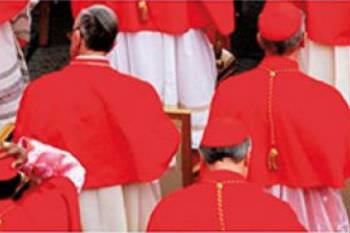
RELIGION
- Michael Furtado
- 14 June 2019
34 Comments
Martel's work cannot be ignored because it is published at a time when the Church is engulfed by several sexual scandals of global magnitude. Reviewing Martel's book provides an opportunity to critically examine the narratives of accusation and defence that surround such accounts, so that onlookers can make sense of them.
READ MORE 
-
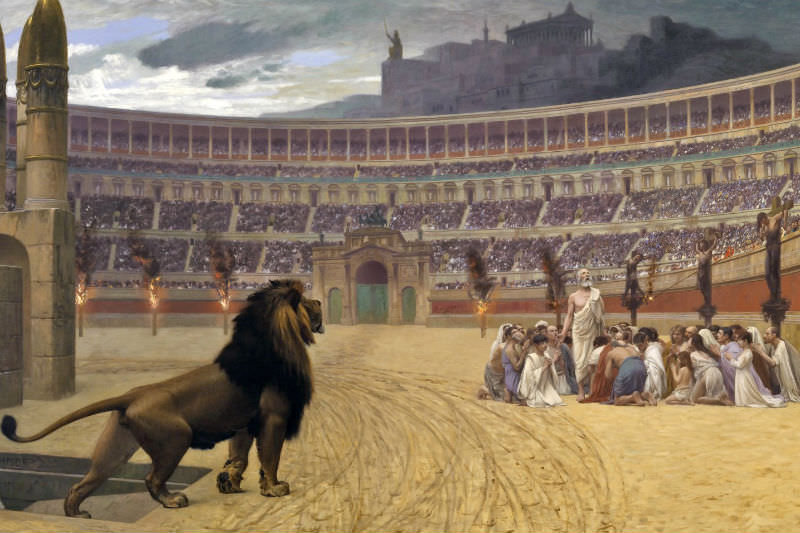
RELIGION
- Andrew Hamilton
- 01 April 2019
75 Comments
The sentencing of Pell highlighted the dismay and soul-searching among Catholics at sex abuse and its devastation of the lives of victims and their families. It also brought home the depth of the crisis caused by clerical sex abuse in the Catholic Church. Although it still challenges understanding, a historical parallel may help illuminate it.
READ MORE 